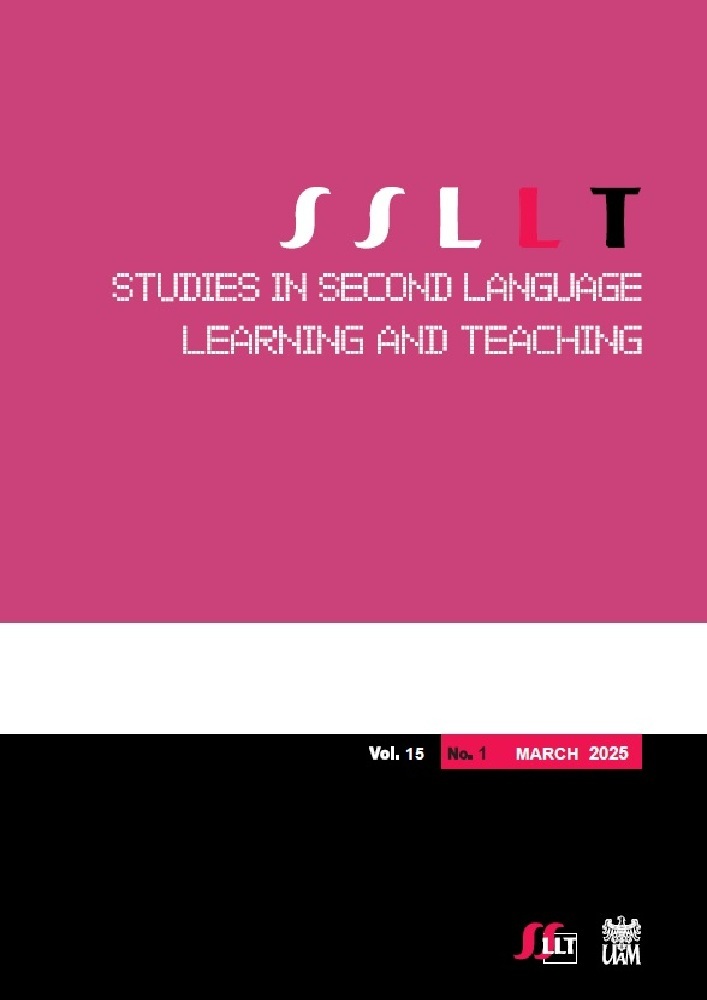Task-specific emotions in L2 writing: A control-value theory approach from a positive psychology perspective
Task-specific emotions in L2 writing: A control-value theory approach from a positive psychology perspective
Author(s): Chengchen LiSubject(s): Foreign languages learning, Psycholinguistics
Published by: Uniwersytet im. Adama Mickiewicza w Poznaniu
Keywords: task enjoyment; task boredom; control-value theory; positive psychology;
Summary/Abstract: This study investigates task-specific emotions, examining how they arise and impact performance in a second language writing task through the lens of control-value theory and a positive psychology (PP) perspective. Participants were 206 secondary English-as-a-foreign-language learners from rural China. They completed an English argumentative writing task and filled out scales measuring task-specific appraisals (control, intrinsic value, and extrinsic value) as well as task-specific emotions (enjoyment, anxiety, and boredom). Correlation analyses showed consistently significant intercorrelations between control-value appraisals, task emotions, and task performance. Structural equation modeling revealed that: (1) task performance was directly predicted by extrinsic value appraisal and indirectly predicted by control appraisal, with anxiety being a mediator; (2) enjoyment was positively predicted by both control appraisal and intrinsic value appraisal; and (3) boredom was not predicted by any of the appraisals. The findings highlight the emotional dimension of the task and provide implications for task design, implementation, and assessment. The article concludes by advocating for a control-value theory approach to task-specific emotions from a PP perspective.
Journal: Studies in Second Language Learning and Teaching
- Issue Year: 15/2025
- Issue No: 1
- Page Range: 73-103
- Page Count: 31
- Language: English

